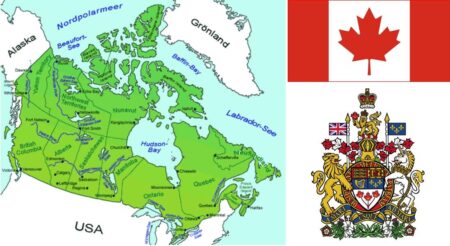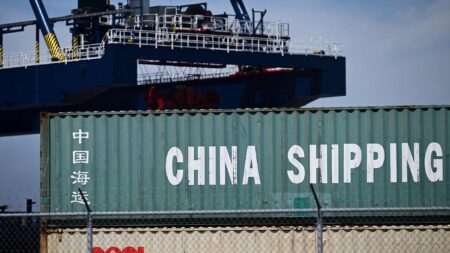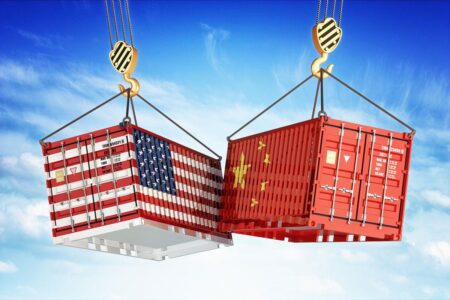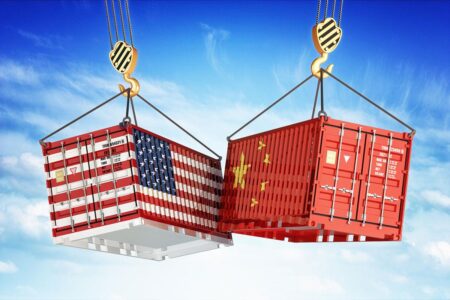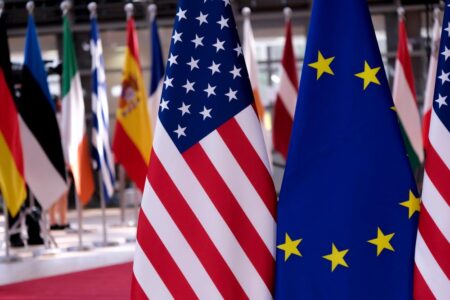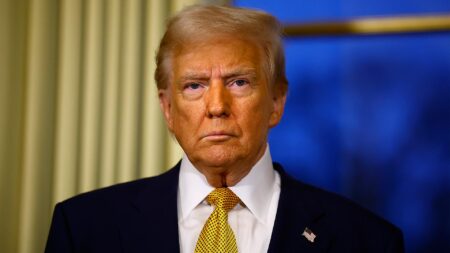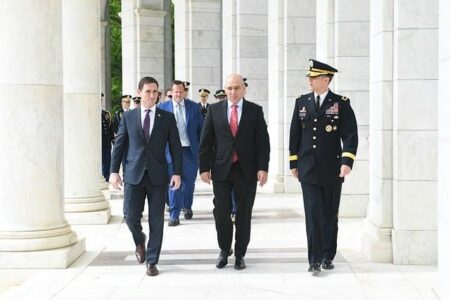Spain‚Äôs Prime Minister has urged Washington to rethink what he labels as ‚Äúnonsense‚ÄĚ tariffs that are straining trade relations. He highlighted the importance of collaboration and open dialogue to address the ongoing trade tensions that are impacting both economies.
Browsing: economic relations
In response to the recent tightening of auto tariffs by the United States, Canadian Prime Minister announced that Canada will implement matching tariffs. This move is aimed at protecting Canadian industries amid escalating trade tensions between the two countries.
In a recent decision, the Biden administration announced that phones and computers will be exempt from the proposed 125% tariffs on Chinese imports initially suggested by former President Trump. This move aims to alleviate pressure on consumers and tech companies.
China and Japan engaged in discussions regarding Japan’s seafood import ban amid concerns over contamination from the Fukushima nuclear plant. Both nations aim to address trade tensions and restore confidence in seafood safety standards.
In the latest edition of CNBC‚Äôs Inside India newsletter, analysts explore India’s strategic leverage in trade negotiations with the U.S. Amidst shifting global dynamics, India’s economic potential and market access could significantly influence outcomes.
In a significant development, Bessent has been appointed to spearhead trade negotiations with Japan, as reported by the Wall Street Journal. This move aims to strengthen economic ties and address key trade issues between the two nations.
China and the U.S. are witnessing a surge in petrochemical trade, fostering closer ties amid an evolving global market. However, escalating tensions from the ongoing trade war could jeopardize these developments, casting uncertainty on future cooperation.
China has announced a 34% tariff on various U.S. imports in response to recent trade policies, escalating tensions between the two economic powerhouses. Analysts warn this move could further strain bilateral relations and impact global markets.
China has imposed a 34% tariff on select U.S. imports in response to escalating trade tensions. Analysts debate whether this move is a strategic escalation or a bid to de-escalate relations. The impact on global markets and diplomatic ties remains uncertain.
The‚Äć Kremlin has revealed ‚Äčthat‚Äč American companies are beginning to take an interest ‚Ā£in russian rare‚Ā£ earth projects, signaling ‚Ā§a…
As the deadline for President Trump’s tariffs approaches, trade talks between the U.S. and India are intensifying. Both nations aim to address key trade issues, seeking to enhance economic ties while navigating mounting tensions and tariffs.
India is reportedly considering a significant reduction in tariffs on over half of its imports from the U.S. This move aims to bolster its export competitiveness amid ongoing trade tensions and is seen as a strategic effort to enhance bilateral economic ties.
In a recent statement, Canada‚Äôs new Prime Minister Mark Carney reaffirmed the nation‚Äôs sovereignty amidst escalating trade tensions with the U.S., declaring, ‚ÄúCanada will never be part of the US.‚ÄĚ His remarks underscore a commitment to maintaining Canadian independence in negotiations.
As US-China tensions continue to escalate, navigating the complex landscape of diplomatic relations is crucial. From trade disputes to military posturing, understanding the implications of this rivalry is essential for global stability and economic health.
U.S. relations with China continue to evolve amid geopolitical tensions and economic interdependence. The Department of State emphasizes dialogue, addressing trade disparities, human rights concerns, and climate cooperation as pivotal areas for future engagement.
In a significant shift, President Trump has reversed his threat to impose new tariffs on Canada following Ontario’s decision to rescind controversial electricity charges. This move aims to enhance trade relations and ease tensions between the two nations.
In response to recent U.S. tariffs, Canada has announced $29.8 billion in counter-tariffs targeting key American goods. This escalation in trade tensions underscores ongoing disputes and aims to protect Canadian industries amidst rising economic pressures.
Despite President Trump’s decision to postpone tariffs on various imports from Canada for a month, Canada will maintain its own tariffs on U.S. goods. This development highlights ongoing trade tensions between the two nations as negotiations continue.
Javier Milei’s recent visit to Washington underscores his commitment to promoting freer trade between the U.S. and Argentina. Such a shift could enhance economic ties, boost exports, and foster investment, potentially benefiting both nations’ economies.
As the deadline approaches for new tariffs on China, the U.S. Treasury chief is urging Canada and Mexico to align their trade policies with those of the United States. This call for harmonization aims to strengthen North American trade amidst escalating tensions.


